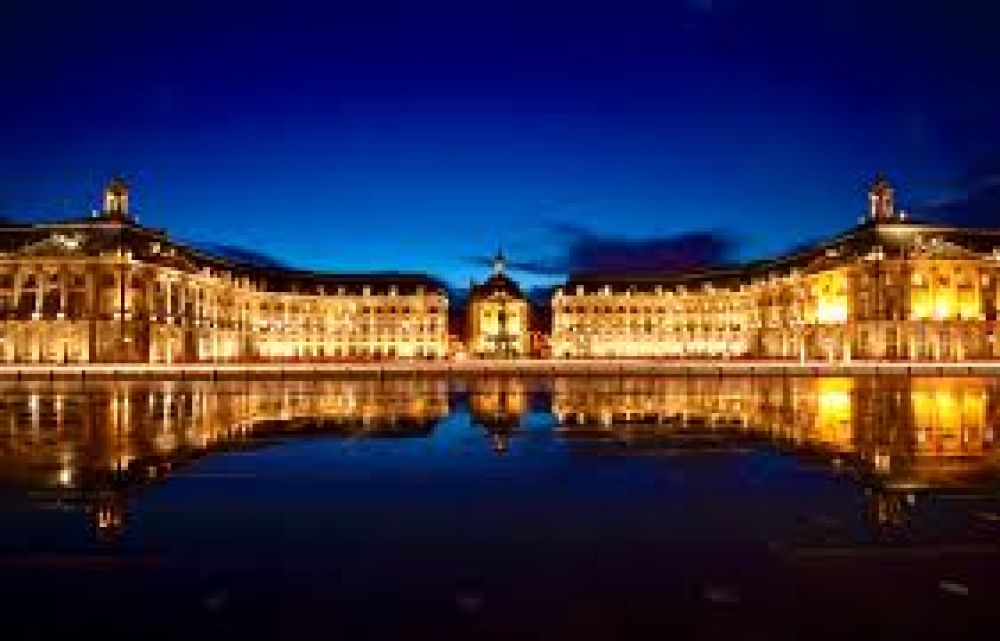

Bordeaux, the world-renowned wine-growing region, has been attracting visitors for centuries. Situated in the southwest of France, along the Garonne River, it is a city steeped in history with a rich cultural heritage.
Tourism in Bordeaux can trace its roots back to the period of Roman occupation when the city was known as Burdigala. Bordeaux became an important stop for pilgrims en route to Santiago de Compostela in Spain, which indirectly promoted the city to various travelers of that era. However, it wasn't until the 18th century, during the Enlightenment period, that Bordeaux really began to embrace its potential as a travel destination.
The city's architecture was transformed in the 1700s to reflect the affluence and grandiosity of the era, with impressive urban planning and neoclassical facades. This transformation made Bordeaux an attractive place for tourists looking for sophistication and culture. The Golden Age of Bordeaux left a lasting mark with landmarks such as the Grand Théâtre de Bordeaux, which is an epitome of the city's cultural influence and a key attraction to this day.
The real development of modern tourism in Bordeaux began in the late 20th and early 21st centuries. Recognition for its wine production further bolstered its status as a tourist destination. Bordeaux's vineyards started receiving visitors who were interested in tasting and learning about the wine-making process. In 1999, parts of Bordeaux were declared a UNESCO World Heritage Site, recognizing the city as an outstanding urban and architectural ensemble.
In recent years, Bordeaux has seen significant changes directed towards improving the tourism experience. A major development came with the cleaning of its limestone buildings, which restored their original pale color and revealed the city's true beauty.
The city has also invested in infrastructure and transportation, making it more accessible for tourists. The eco-friendly tram system has been a game-changer, allowing visitors to traverse the city easily. Bordeaux has also embraced the concept of sustainable tourism, promoting eco-friendly practices amongst its businesses and tourism providers.
One of the latest trends is the rise of wine tourism, where visitors not only sample wines but also partake in the entire process of viticulture and wine production. Wine tours, wine festivals, and a state-of-the-art wine museum named La Cité du Vin have become some of the top attractions in Bordeaux.
Today, Bordeaux's appeal as a tourist destination is multifaceted, combining its wine legacy with historical landmarks, gastronomy, and contemporary culture. Amidst growth in luxury tourism, with boutique hotels and gourmet restaurants, Bordeaux maintains its charm and continues to captivate visitors from around the globe. The city is a perfect blend of the old and the new, making it an eternally attractive destination for travelers of all tastes.